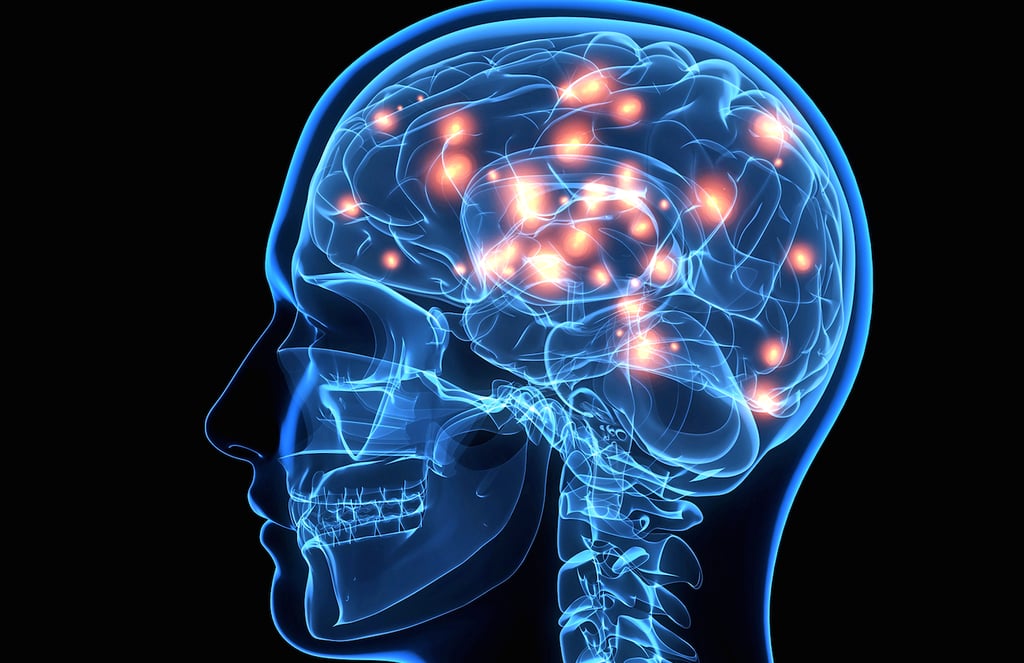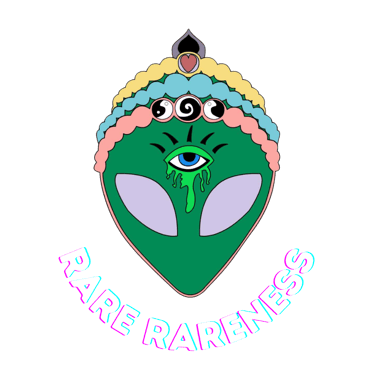
Herbs for Focus & Memory Enhancement
Discover powerful herbs for strengthening focus, memory, and overall brain health. Explore natural remedies for cognitive function, including ginkgo biloba and anti-inflammatory herbs, to enhance your mental clarity and performance. Herbs for focus.
COGNITIVE SUPPORTBRAIN HEALTHNATURAL REMEDIES


The human brain is a marvel of complexity, demanding proper nutrition and care to maintain optimal function. Cognitive decline due to aging, stress, or disease is a significant concern, but natural remedies, including specific herbs, have been found to promote memory, focus, and overall brain health. This expanded discussion dives deeper into the scientific basis and historical use of these herbs and supplements, supported by studies and insights from herbalism and naturopathy.
Herbs for Brain Health
Green Tea
Green tea’s cognitive benefits come from a rich blend of compounds such as catechins, caffeine, and L-theanine.
Catechins: These antioxidants reduce oxidative stress and inflammation, both of which can damage brain cells. Studies show catechins can improve memory and reduce the risk of neurodegenerative diseases like Alzheimer’s.
Caffeine and L-theanine: Together, these compounds improve focus, mood, and reaction time. Research published in the Journal of Nutrition found that green tea extract boosted working memory in older women, linking its use to enhanced cognitive function.
Ginkgo Biloba
Ginkgo biloba is one of the most studied herbs for brain health.
Circulation: It improves blood flow to the brain, supporting oxygen and nutrient delivery essential for cognition.
Neuroprotection: Studies in Advances in Therapy found ginkgo biloba extract significantly improved symptoms of cognitive decline and delayed the progression of Alzheimer’s disease by reducing beta-amyloid plaques.
Lion’s Mane
This medicinal mushroom is prized for its ability to promote neurogenesis.
Hericenones and Erinacines: These compounds stimulate nerve growth factor (NGF), essential for the repair and regeneration of neurons.
Research Evidence: Animal studies from The Journal of Medicinal Food demonstrated that Lion’s Mane reduced amyloid plaque buildup and improved cognitive function in Alzheimer's models. Human trials, though limited, indicate memory enhancement in mild cognitive impairment cases.
Sage
Renowned for its culinary and medicinal applications, sage is a potent brain booster.
Active Compounds: Terpenes and flavonoids in sage possess antioxidant and anti-inflammatory properties.
Clinical Evidence: A study in the Journal of Psychopharmacology revealed that sage extract improved cognitive performance, mood, and memory in healthy adults and Alzheimer’s patients.
Turmeric
Turmeric’s active compound, curcumin, is a powerhouse for brain health.
Anti-Inflammatory Effects: Curcumin combats chronic inflammation implicated in neurodegenerative diseases. It also reduces oxidative damage in brain tissues.
Research Insight: A randomized trial in The American Journal of Geriatric Psychiatry found that daily curcumin supplements enhanced memory performance in adults without dementia and lowered beta-amyloid and tau protein levels, hallmarks of Alzheimer’s disease.
Rosemary
Rosemary's role in cognitive enhancement is linked to its unique aroma and chemical properties.
Memory Enhancer: Studies, including one published in Therapeutic Advances in Psychopharmacology, showed that exposure to rosemary scent improved prospective memory in older adults.
Animal Studies: Rats with induced cognitive impairments exhibited improved memory and learning after treatment with rosemary extract.
Ashwagandha
A cornerstone of Ayurvedic medicine, ashwagandha is revered for reducing stress and improving cognition.
Mechanism: Withanolides in ashwagandha protect neurons from stress-related damage and inflammation.
Clinical Results: A double-blind, placebo-controlled study in the Journal of Dietary Supplements revealed that ashwagandha supplementation significantly improved memory, attention, and processing speed in adults with mild cognitive impairment.
Gotu Kola
Gotu Kola is another Ayurvedic staple for brain health.
Triterpenoids: These compounds enhance neuronal protection and promote cognitive clarity.
Evidence: A review in Evidence-Based Complementary and Alternative Medicine concluded that Gotu Kola improves cognitive function and prevents age-related memory loss.
Peppermint
Peppermint’s refreshing aroma also stimulates cognitive processes.
Studies: Research published in Physiology & Behavior found that peppermint tea improved long-term memory and alertness, highlighting its potential as a nootropic beverage.
Ginseng
Ginseng is lauded for its adaptogenic properties.
Mechanism: Ginsenosides modulate neurotransmitters like dopamine and serotonin, enhancing mood, focus, and memory.
Clinical Evidence: A study in Psychopharmacology reported that ginseng extract improved memory and reduced mental fatigue in healthy individuals.
Vitamins and Minerals for Brain Health
Vitamin B12
Essential for nerve health and DNA synthesis, B12 deficiency is linked to cognitive decline. Studies from the American Journal of Clinical Nutrition emphasize its role in reversing memory impairment, particularly in older adults.
Vitamin E
A potent antioxidant, vitamin E combats oxidative damage in brain cells. Research in JAMA suggests that high doses can slow Alzheimer’s progression in early stages.
Magnesium
Critical for neurotransmitter release, magnesium enhances memory and learning. A study in Neuron highlighted magnesium’s role in improving synaptic plasticity, which is fundamental to cognitive adaptability.
Copper
Copper’s role in regulating brain metabolism and preventing beta-amyloid accumulation is vital for Alzheimer’s prevention. Copper-rich diets have been associated with better cognitive health in elderly populations.
Zinc
Zinc’s modulation of neurotransmitters such as glutamate enhances memory and learning. Zinc deficiency has been linked to cognitive impairments, underscoring its importance.
Iodine
As a building block of thyroid hormones, iodine affects brain development and cognition. Iodine deficiency, prevalent in certain regions, has been associated with impaired mental function.
Omega-3 Fatty Acids
Found in abundance in fish and nuts, omega-3s are essential for maintaining cell membrane fluidity in the brain. Studies in The Lancet have linked higher omega-3 intake to improved memory and slower cognitive decline.
Conclusion
Incorporating these herbs, vitamins, and minerals into your daily routine could be transformative for brain health. While more research is necessary to solidify their roles, the evidence is compelling. Whether through dietary sources or supplements, these natural remedies offer promising avenues for enhancing memory, focus, and cognitive longevity. As with any health regimen, consult with a healthcare professional or herbalist to determine the best options for your individual needs.
